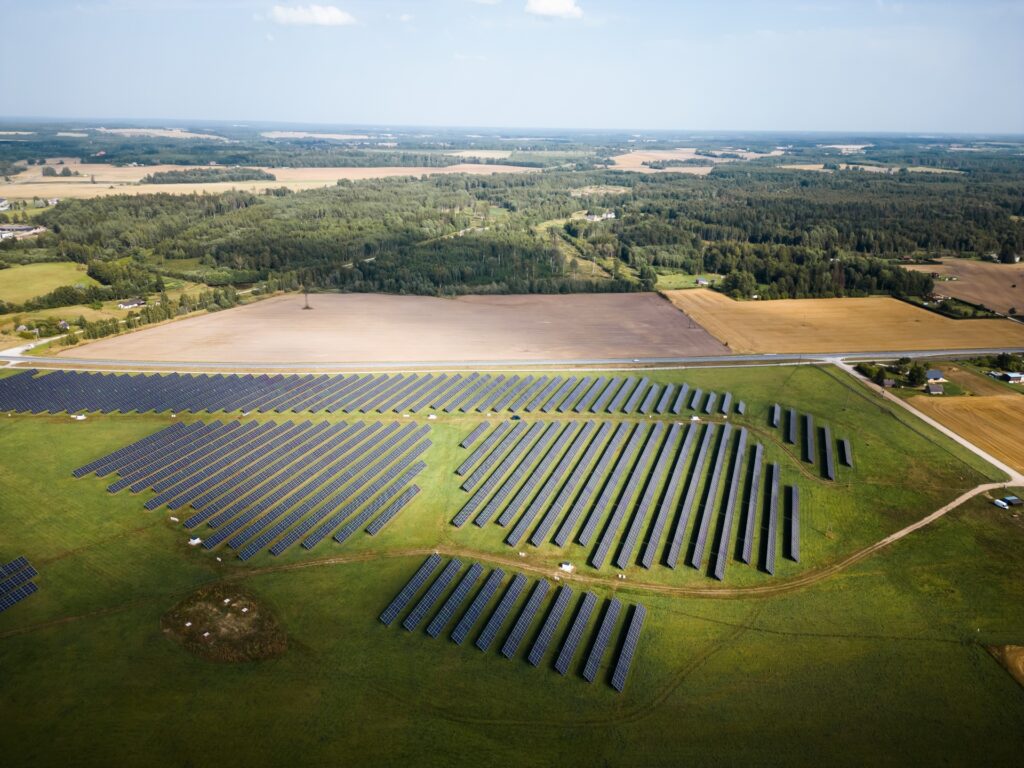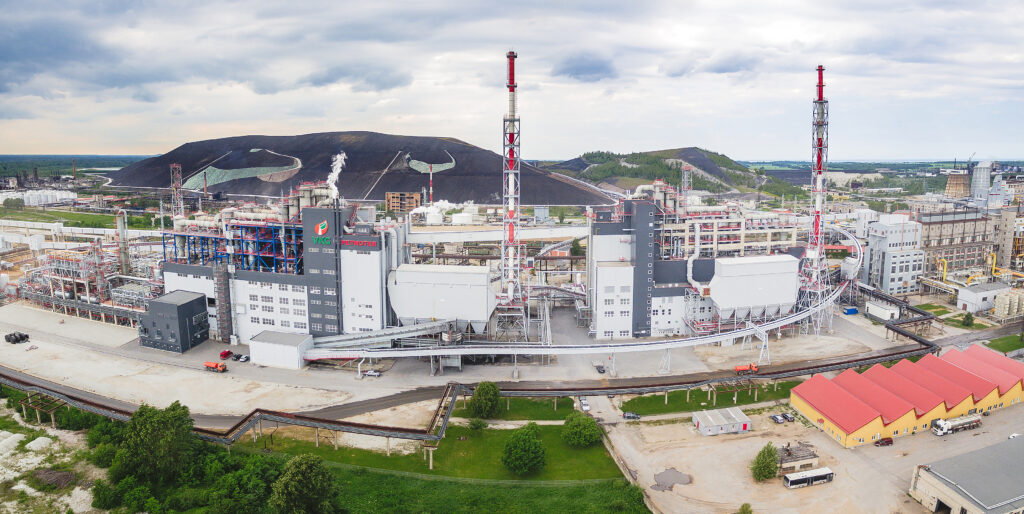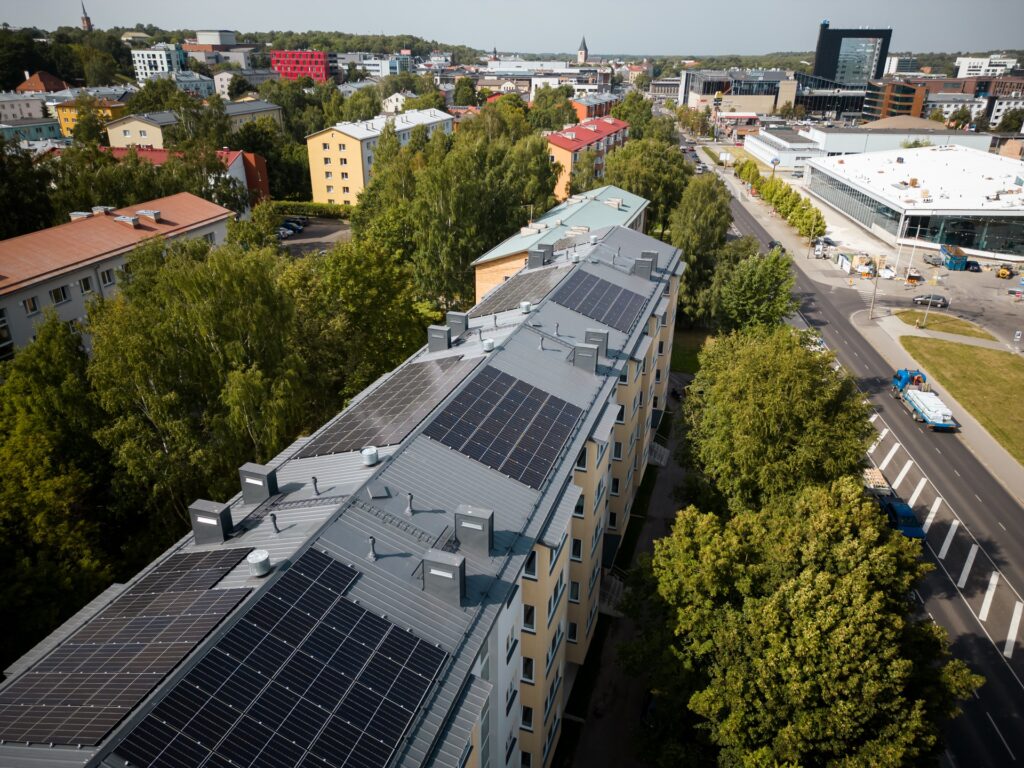Estonia has been ranked in a high tenth place in the Energy Transition Index rankings of the World Economic Forum.
The latest Energy Transition Index study ranks 120 economies by the current functioning of their energy systems, economic development, growth, environmental sustainability, energy security and accessibility. In addition, countries’ preparedness for the transition to secure, sustainable, affordable and inclusive energy systems was looked at.
Sweden, Denmark, Norway, Sweden, Finland and Switzerland make up the top six nations of the rankings, in that order. Estonia is ahead of, for example, Germany, the United States, Britain and Japan. Its Baltic neighbours, Latvia and Lithuania, are in places 26 and 36, respectively.
Magno Kure, a co-founder and the CEO of Estonian solar energy company Smartecon, noted that the report focuses heavily on how economies have been able to reduce their dependence on Russia and imported fuels in general.
“As you know, the situation in the Nordic countries, as well as in Estonia, is very good in this regard. Today, it’s already largely due to renewable energy,” he said in a statement.

The survey reveals Estonia has undergone one of the fastest energy transitions in the world in the last 10 years. Estonia took the biggest steps in 2016 and between 2020 and 2022. The study also shows Estonia took a step back between 2014 and 2015 and in 2019. The study does not reveal any specific reasons.
The seventh fastest progressing nation in energy transition
Kure estimates that, in 2016, Estonia’s score was affected by the completion of the Auvere power plant. When it comes to the progress made in 2020-2022, Kure noted most of the country’s existing solar parks were completed in these years.
Estonia’s index improved by 10.58 per cent in 10 years, making the country the seventh fastest progressing nation in terms of energy transition, after China, Croatia, Zimbabwe, Senegal, Lithuania and the Ivory Coast.
Estonia’s high place in the overall rankings is largely due to its performance in energy security and security of supply, where it ranks third behind the US and Australia. Compared with 2014, 95 per cent of countries managed to improve their score.
Kure pointed out that, according to the report, Estonia is relatively little dependent on imported fuels. But this is mainly due to oil shale, which is not really related to the transition to renewable energy. In addition, the country has cross-border connections to Finland and Latvia. Estonia also has a lot of solar and wind energy capacity, but the bulk of supply is still rooted in oil shale and external connections, he added.

Hannu Lamp, the CEO of Vestman Solar, a renewable energy company that develops solar, wind and hybrid farms, described Estonia’s position on the scoreboard is a bit of a surprise, noting that oil shale burning power plants probably play a big role in our energy security score.
“We certainly should not be complacent about the fact that we have achieved a high level of energy security with Soviet legacy, relying on an exhaustible natural resource,” he said.
Solar was not considered serious for a long time
Lamp said there’s a lot of work ahead to increase renewable energy capacities, add storage capacity and improve electricity connections with other European Union member states.
Magno Kure, meanwhile, pointed out that for a long time, solar energy was not considered a serious source of energy in Estonia.
“In 2016-2017, grid operators did not make decisions that would have contributed much to the transition to renewable energy. The process of connecting has been rather complicated and has favoured developers for whom it is the core business. Certain loopholes in the procedures allowed the emergence of so-called phantom capacities,” he said.
Kure argues that local governments have extensive decision-making powers in Estonia, which means that the rules valid in one municipality may not apply in a neighbouring municipality.
“Of course, it is possible that it is worse elsewhere, but the image of an e- and digital country has not reached the energy sector. We are so small that a functioning renewable energy infrastructure that would not be opposed by society could certainly have been developed very sensibly here,” he added.

